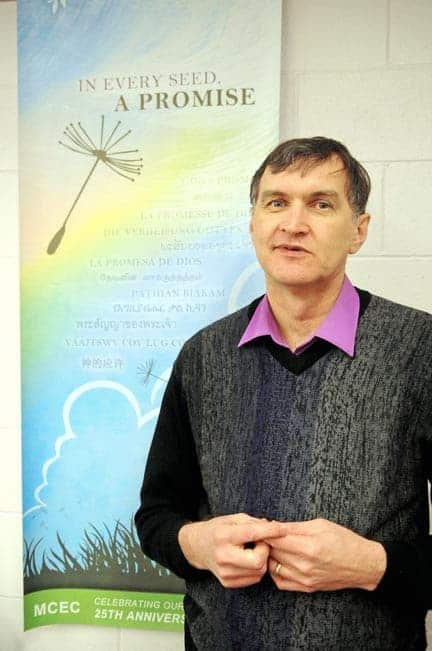;
;
;
Next Article
Tapping into the growing legend that is Johnny Cash

“I think any authority has to be held really lightly,” says Pastor Steven Brnjas. “The pastoral office has certain authority attached to it, but I like to think that I don’t function in a way where I’m the authority. Rather, I walk beside you. I don’t want to walk ahead of you, not behind you, […]
Last updated on May 04, 23
Posted on Feb 28, 14
3 min read
